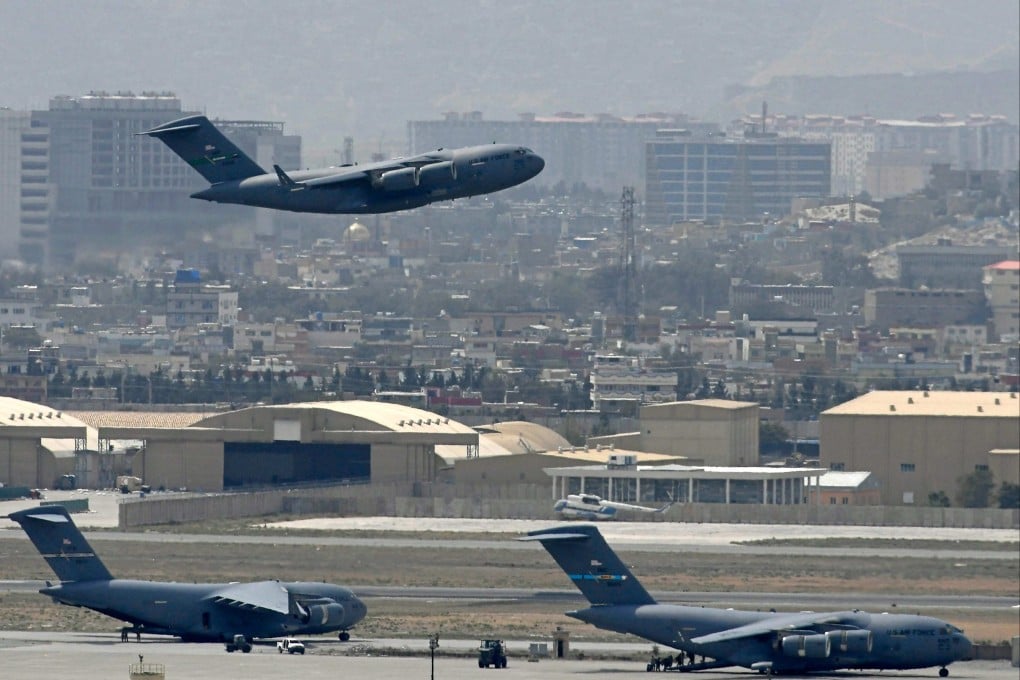Letters | Post-Afghanistan, US should be wary of stoking flames of conflict
- Readers discuss aggressive American rhetoric, the rules-based world, and why some Hongkongers are keeping their masks on

After the North Vietnamese victory in the Vietnam war, the United States spent the next 20 years trying to kick “Vietnam syndrome”. Of course, there were many other reasons for the political and social difficulties America faced in the 1970s and 1980s. An economic crisis, racial division and drug epidemics probably would have ravaged the US, regardless of the outcome of the Vietnam war.
Still, the American remedy for humiliation in Vietnam seemed to be more military conflict. In the 1980s, the US invaded Panama and Grenada, and deployed forces to Libya and Lebanon. The 1991 Gulf war gave the US a much-needed morale boost.
Like in the aftermath of Vietnam, the US is trying to recover lost morale and, on the international stage, lost pride. It should not surprise anyone that American rhetoric has become high-octane, even before the Russian invasion of Ukraine.